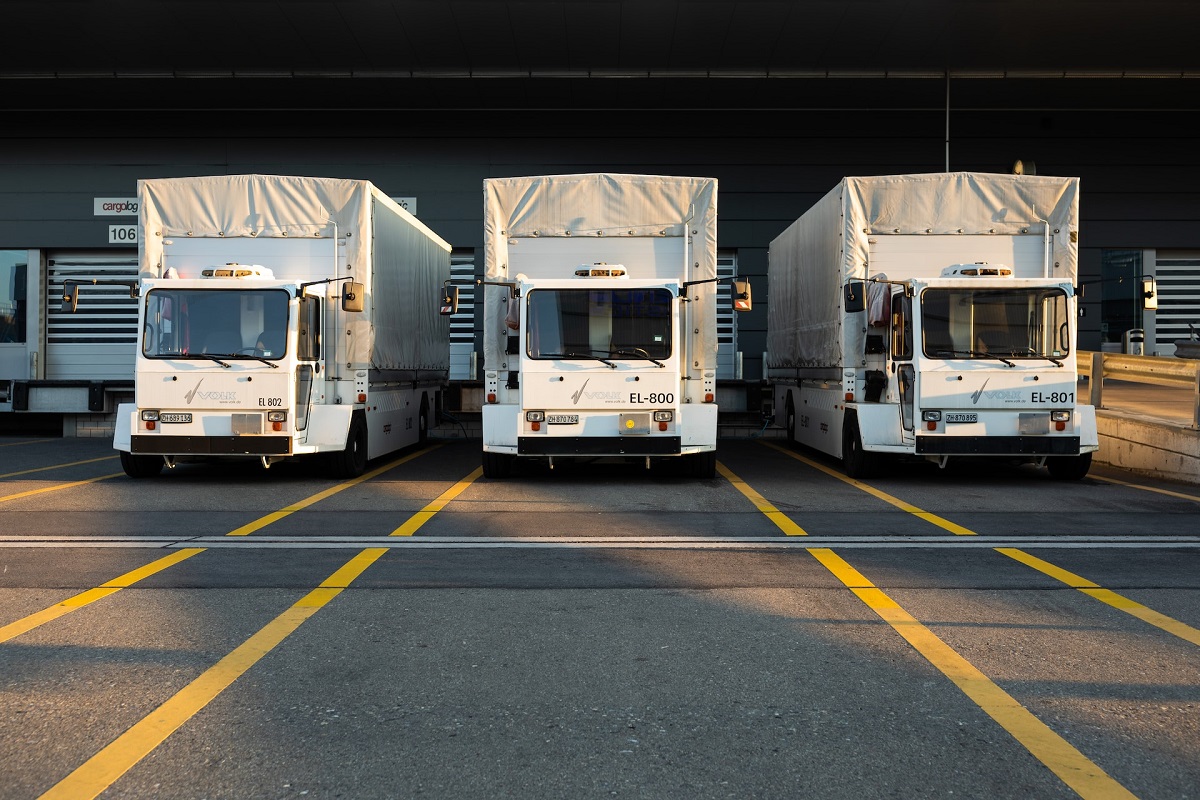Bankruptcies are rising sharply, according to Statbel figures. And transport companies are being hit hardest. The number of bankruptcies within the transport sector in Belgium has increased by more than 50 percent since the beginning of this year. Neither are things looking good for the future. First Brexit, then the covid-19, now the war in Ukraine. The limits have been reached.
The war is hitting transport companies doubly hard. On the cost side and also through the disruption of supply chains. Since the world went into lockdown because of corona, supply has never returned to normal. And it is not expected to anytime soon. Although port waiting times have decreased and delivery times are slowly improving, the bottlenecked supply system will remain disrupted at least until 2023 (and even longer if the war continues).




